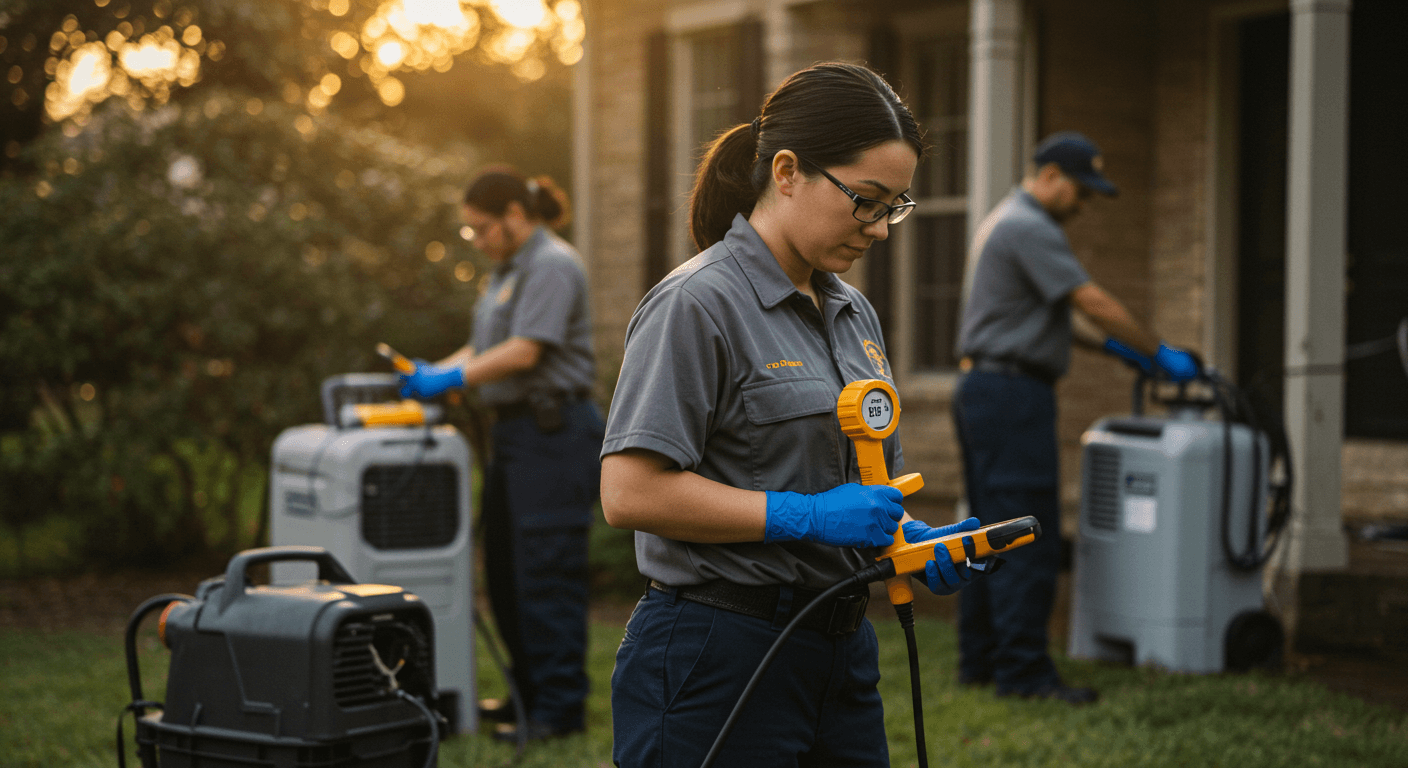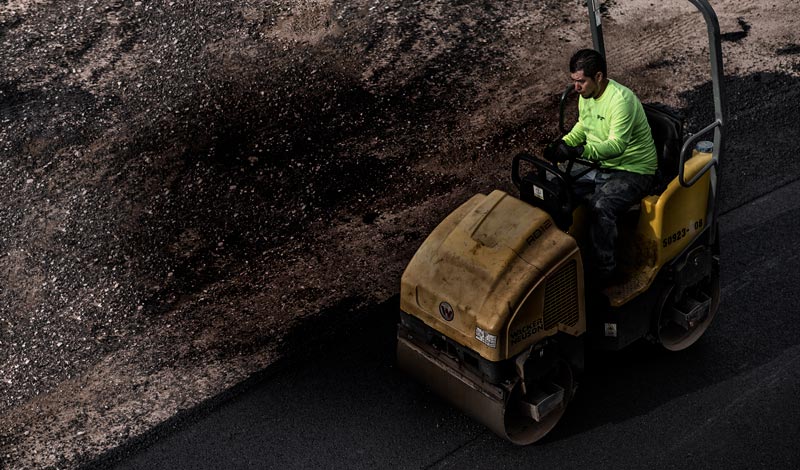How Often Should You Take Your Pet to the Vet in AZ?

Pet ownership in Arizona is a unique adventure. Between the scorching summers, sneaky wildlife, and dusty trails, our furry friends face challenges that demand special care. Regular vet visits are the backbone of keeping your pet healthy, but how often should you book that appointment? The answer depends on your pet’s age, lifestyle, and Arizona’s desert quirks. Let’s dive into tailored guidelines for Arizona pet owners, plus tips to keep those tails wagging between visits.
Why Arizona Pets Need Regular Vet Checkups
Arizona’s desert climate is no joke. Blazing heat can lead to dehydration or burnt paw pads, while encounters with rattlesnakes, scorpions, or toads can turn a simple walk into an emergency. Regular visits to a veterinarian in Arizona, such as Dr. Kelly’s Surgical Unit, help catch issues early. From heartworm prevention to valley fever screenings, these checkups are your pet’s shield against the Southwest’s unique risks. “Routine exams let us spot problems before they become serious, especially in Arizona’s harsh environment,” says Dr. Kelly’s Surgical Unit.
How Often Should Your Pet See the Vet?
Puppies and Kittens (0–1 Year)
Your new furball needs frequent vet love. Puppies and kittens should visit every 3–4 weeks until they’re about 16 weeks old. These appointments cover vaccinations (like rabies and distemper), deworming, and checks for congenital issues. In Arizona, starting flea, tick, and heartworm prevention early is critical since parasites thrive in warm weather.
Adult Pets (1–7 Years)
Healthy adult dogs and cats typically need one annual checkup. This includes a physical exam, vaccine boosters, dental checks, and parasite screenings. In Arizona, your vet might suggest testing for valley fever, a fungal infection common in dusty areas. If your pet loves hiking or exploring, ask about extra visits—say, every six months—to monitor for risks like snake bites or sunburn.
Senior Pets (7+ Years)
Older pets need extra TLC. Biannual vet visits (every six months) are ideal for catching age-related issues like arthritis, kidney disease, or diabetes. Arizona’s heat can worsen joint pain or breathing problems in seniors, so your vet may tweak diets or meds to keep them comfy.
Arizona-Specific Pet Health Concerns
Wildlife and Outdoor Risks
Arizona’s outdoorsy pets face unique dangers. Rattlesnake bites are a real threat, especially in desert areas. Some vets, like those at Dr. Kelly’s Surgical Unit, offer rattlesnake vaccines or training to reduce risks. Scorpion stings or toad poisoning also call for quick vet action. If your pet roams free, consider checkups every 4–6 months to stay ahead of these hazards.
Breed-Specific Challenges
Some breeds struggle in Arizona’s climate. Pugs and bulldogs, with their short snouts, are prone to heatstroke, while thin-coated breeds like Chihuahuas risk sunburn. Your vet can recommend cooling vests, pet-safe sunscreen, or other breed-specific solutions during routine visits.
Seasonal Prep
Monsoon season (July–September) brings humidity and mosquitoes, boosting heartworm risks. A pre-monsoon vet visit ensures your pet’s preventatives are current. Before summer hits, confirm your pet’s ready for the heat with proper hydration plans and paw protection.
Keeping Your Pet Healthy Between Visits
- You don’t need a vet visit to keep your pet thriving. Here are practical tips for Arizona pet owners
- Hydration is Key: Always have fresh water available. Carry a portable bottle on walks.
- Protect Those Paws: Use booties or walk during cooler hours to avoid burned pads on hot pavement.
- Stay on Top of Parasites: Follow your veterinarian's recommendations for flea, tick, and heartworm preventatives.
Watch for Warning Signs: Is your typically bouncy pup suddenly a couch potato? Vomiting, limping, or excessive panting may signal heatstroke, valley fever, or injuries from wildlife. Call your vet ASAP. Groom Regularly: Brush often and check for ticks, skin irritation, or sunburn.
When to Rush to the Vet
Some situations can’t wait. If your pet is bitten by a snake, stung by a scorpion, or shows signs of heatstroke (think heavy panting or collapse), head to an emergency vet immediately. Keep Dr. Kelly’s Surgical Unit or an emergency clinic’s number handy for fast action.
Wrapping Up
Your pet’s vet visit schedule in Arizona depends on their age, lifestyle, and the unique challenges of the desert. Puppies and kittens need frequent trips, adults do well with yearly checkups, and seniors benefit from biannual exams. Outdoor adventurers, certain breeds, or seasonal risks might call for extra visits. Pair regular vet care with at-home vigilance, and your pet will thrive in Arizona’s wild landscape. Let’s keep those tails wagging!
Name: Dr. Kelly's Surgical Unit - North Phoenix
Address: 4727 E Bell Rd #11, Phoenix, AZ 85032
Phone: (602) 641-4861
Note: IndiBlogHub features both user-submitted and editorial content. We do not verify third-party contributions. Read our Disclaimer and Privacy Policyfor details.







